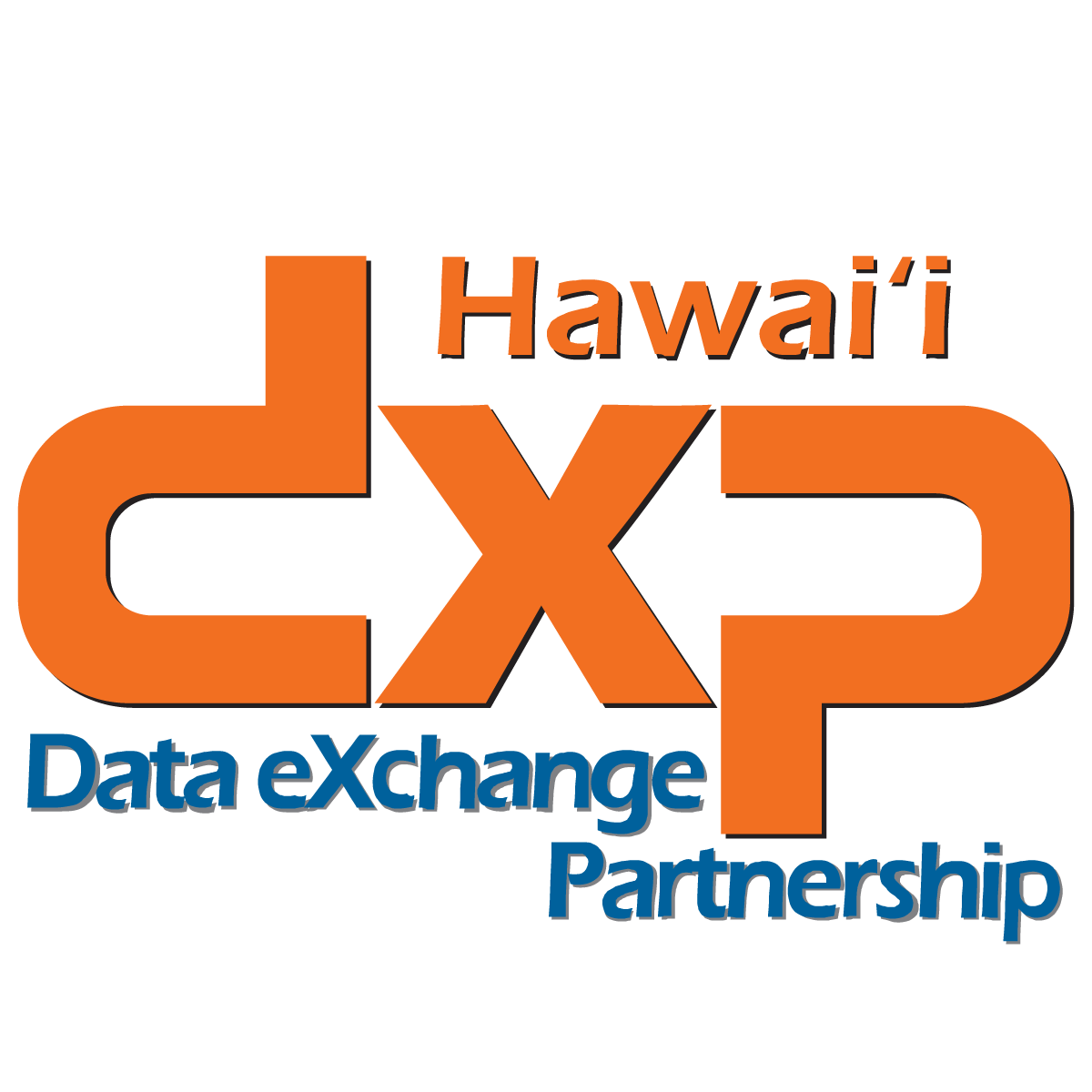Security & Privacy
A foundational commitment of the DXP is to protect individuals’ privacy and confidentiality. The DXP has put multiple safeguards into place to protect the privacy and confidentiality of all data in the Statewide Longitudinal Data System (SLDS) and complies with all applicable federal and state laws, rules, regulations, and other legally binding documents related to confidentiality of personal data.
How is Personal Information Protected?
Personal Identifiable Information (PII) is ONLY used for identity matching and linking purposes. After matching records across agencies, PII is replaced with an identification number (ID) unique to the DXP to de-identify that record.
Data servers are housed in a secured physical environment, which is maintained through rigorous controls over physical and virtual access to the servers and networking equipment. Direct access to the SLDS is restricted to Hawai‘i P-20 Data Team* members responsible for the management of the system and processing of data requests.
How does the DXP share information?
The DXP shares cross-agency data in two ways: 1) through publicly available products created by Hawai‘i P-20 Data Team*; and 2) through data requests approved by all involved agencies.
All data leaving the DXP must be in either aggregated or de-identified format. Data from the DXP focuses on group counts and trends, not individuals.
Products Created By Hawai‘i P-20 Data Team*
The Hawai‘i P-20 Data Team* creates a range of data products to answer research questions generated by the DXP and its stakeholders made, many of which are made public through this website including:
Data Requests
Data from the SLDS may be requested via the DXP Data Request process provided the request will support informing policy, fostering effective educational practice, and/or promoting equity for the people of Hawai‘i. The data owners, programs that the data originally came from, control access to their data through approval/denial of data requests and review of any data products/views of their data to ensure individuals cannot be identified from publicly released data.
*The DXP is managed and staffed by Hawai‘i P-20 Partnerships for Education, a unit under the University of Hawai‘i.
